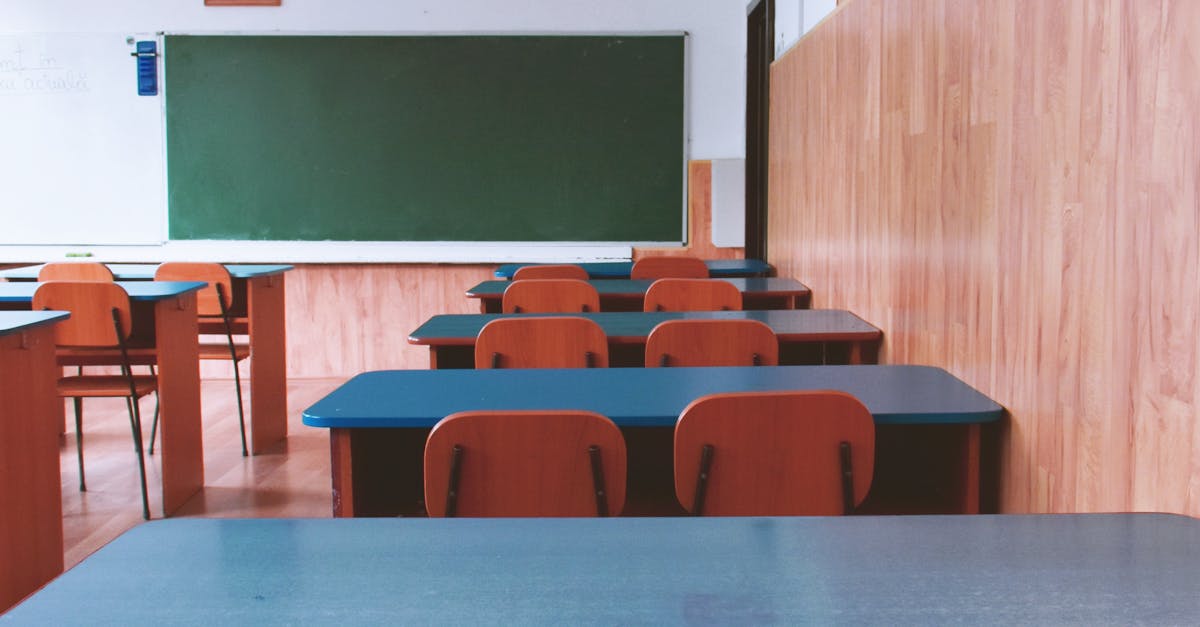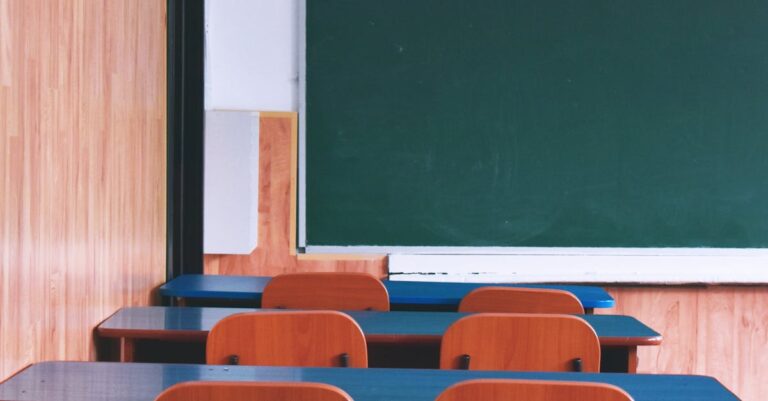
In a surprising turn of events at a recent local school board meeting, the topic of book bans has ignited a fierce debate within the community. Parents, students, and educators gathered in protest, shedding light on a contentious issue that has sparked national attention.
The meeting began like any other, with routine discussions on budgets and curriculum changes. However, tensions quickly escalated when the school board revealed plans to ban certain books from the school library. What was meant to be a standard agenda item turned into a passionate debate on censorship, education, and freedom of speech.
Parents and students took to the podium to express their outrage, arguing that banning books limits students’ exposure to diverse perspectives and stifles intellectual growth. They highlighted the importance of critical thinking and open dialogue in shaping well-rounded individuals prepared for the complexities of the modern world.
As the discussion unfolded, it became clear that the issue of book bans was not just about specific titles but about larger questions of autonomy and democratic values. The community found itself at a crossroads, grappling with how to balance the need for academic integrity with the desire to protect sensitive audiences.
Despite the controversy, the school board meeting served as a platform for meaningful dialogue and reflection. It showcased the power of local activism and the importance of community engagement in shaping educational policies that align with democratic principles.
As the meeting adjourned, the community remained divided but hopeful for a resolution that would uphold the values of free expression and intellectual freedom. This unexpected turn of events serves as a reminder of the enduring significance of public schools as forums for debate, dissent, and ultimately, progress.








Man, what is wrong with these school boards trying to ban books? Don’t they realize how important it is for students to
WOW! This is such an important topic! Book bans are not good cause they limit the students’ learning and stuff. We gotta have diverse perspectives, that’s what makes us smart and stuff
y dis meting turn into a complete mess about books?? Books are s’posed to expand our minds and make us think, not be banned and hidden away. Let the kids read what they want and form their own opinions! Don’t be tryna control their thoughts and ideas. This is some serious nonsense that needs to be
Wow, this is such a heated topic, banning books at a school? That is like, whoa! It’s so important for students to have access to different perspectives and not
OMG, this blog post was so interesting! I can’t believe they wanna ban books at the school library, like what?! That’s so not cool. Books are like, important
Hey, who knew a school board meeting could get so wild? I guess books bring out the big emotions! 📚🔥 But seriously, banning books? That’s like trying to stop the sun from shining – it’s just not gonna work! Let those pages fly free and let minds roam far and wide. Let’s keep the book
Wow, this blog post really got me thinking about book bans and freedom of speech. It’s like, we gotta protect our right to read and think for ourselves, you know? Banning books just limits our minds and shuts down important conversations. Education should be about opening doors, not closing them. Kudos to the parents and students speaking up at that meeting – you go, guys!
Wow, this article really hit me deep! Banning books? That’s like trying to put a lid on a volcano, you know? People need to be able to read all sorts of stuff to expand their brains and see the world in different ways.
omg this is cray-cray! Banning books is like, so not cool, man. Like, we need those books to like, expand our minds and stuff. What even is censorship, right
why r they banning books? books r imporant for kids to learn and grow and see diffrent perspectives. censorship is bad. kids need to read and think for themself
woah this is a crazy story! i can’t believe they wanna ban books, that’s like banning knowledge, y’know? books are like windows into different worlds and ideas, we gotta keep ’em open for everyone! important to remember that having different perspectives is what makes us grow as people. hope they figure things
OMG, banning books at a school board meeting? What is this, the Dark Ages? Let those kids read what they want, man! Books are like, their window to the world, you know? Like, if you
Wow, this is crazy! Banning books? That’s like…not cool, right? I mean, we gotta have all kinds of books in the library for everyone to read, right? Diversity of thoughts and stuff. It’s like, educational. And like, freedom of
hey wow this is a big deal, book bans not good too limit reading is to limit knowledge right? lets keep the books open for all to read and learn from. we gotta protect freedom of speech and embrace different ideas even if they make us uncomfortable sometimes. education is key to a brighter future for all. exciting to see people
Wow, banning books? That’s like, so not cool, man. Kids need to read all sorts of stuff to learn about the world. Censorship is bad news bears. We gotta protect freedom of speech and let minds grow like wildflowers, ya know? The community needs to come together like peanut butter and jelly
OMG, like, who even needs books, right? Let’s just ban them all and stare at walls all day. That’ll really help with our critical thinking skills. So much intellectual growth happening here, I can’t even handle it. #S
ugh book bans r soooo annoying why cant people just let kids read what they want its like so basic common sense right i mean come on its about freedom of speech and stuff why try to control what kids can think about its like totally not cool man like seriously
Wow, this is crazy stuff happening at the school board meeting! Ban books? that’s nuts. everyone should have the right to read what they want, right? i mean, we live in a free country, so we should have freedom of speech and stuff. i think its important to hear all kinds of opinions and not just limit ourselves to what certain people think is ‘appropriate’. big
oh wow this is a big topic 📚 i think books are important for learning new things and seeing different views 🌟 we need to have a open mind and hear all sides of the story 🔍. i
OMG, like seriously, banning books? What’s next, banning oxygen? I mean, come on, let’s just ban everything that makes us think and have different opinions. Great job, school board, really nailing that whole ‘enc
Oh wow, this blog post really got me thinking! Book bans
omg this is such an important topic!! Books should never be banned, they’re like windows into other worlds and minds. We need them to learn and grow and think for ourselves. I’m glad the community is standing up for what’s right and having these big discussions, even if they’re hard. We gotta protect free speech and keep our minds open. Big props
why r they even thinking about banning books? that’s so stupied! books r how we learn and grow and banning
why are some people always trying to ban books?? like, let the kids read and learn stuff, dang it! censorship is so not cool. we need diverse perspectives for real education. let the people speak and think for themselves, man. don’t
yo, so like, i think banning books is not cool, ya know? like
Wow, this is super important stuff, y’all. Like, book bans? That’s crazy! We gotta let kids read all kinds of stuff so they can learn and grow and be smart and stuff. Education is key, man. We can’t be shutting down ideas just ‘
Wow this is so intresting to read about. I think it is super important for students to have acess to a wide range of books and ideas. Everyone should have the right to read and think about different things. Book bans just seem wrong to me. Education is about learning and growing, and that means
Wow, this is crazy! Book bans are like banning knowledge, man. We gotta remember that books open up our minds to new ideas and perspectives, ya know? We can’t be limiting what people can read, that’s just not cool. I support the idea of letting everyone have access to different thoughts and opinions. Let’s keep the dialogue going and fight for
Wow this is a very interesting topic. Books are so important for students to learn about different views and opinions. Banning books just limits their knowledge. It’s great that people gathered to talk about this issue and I hope they can find a solution that works for everyone. Education should be about learning and growing, not restricting information. This is a reminder that we
Hey y’all, can you believe it? A school board meeting turning into a book ban battleground! That’s like a pop quiz turning into a full-blown exam real quick. Who knew library books could cause such a stir? But hey, at least it got people talking and standing up for what they believe in, right?
Wow! This is such an important issue that really makes ya think. Banning books is like, kinda not cool because we gotta let people read stuff and think for themselves, ya know? Like, we need diverse perspectives to grow and be open-minded. It’s like, censorship is just not the way to go in an educated society.
ugh, seriously, book bans?? come on ppl, we need diverse perspectives n stuff, banning books is like limiting our brains or something, we need critical thinkin and open minds to be smart individuals, not sheltered from ideas we might not agree with, freedom of speech yall, it
Wow, this blog post really got me thinkin’ ’bout the importance of free speech and stuff. Book bans ain’t cool, man.
wow dis is sum dramaz at da school board meetin! all dis fuss bout book bans. like, who knew bookz cud b so controversial
wow this is crazy but also like super important ya know? book bans are like a big deal and can affect how we learn and think so it’s good people are speaking up about it. i think we should all have the chance to read different stuff and form our own opinions, right? it’s cool how this meeting turned into a big discussion about freedom of speech and stuff. go community
Hey, what the heck is going on with these book bans at the school board meeting?! Banning books is like, so not cool, man. Kids need to read stuff from all different perspectives to learn and grow, ya know? It’s like, limiting their minds and stuff. We gotta fight for freedom of speech and open dialogue, man! Can’t just shut down ideas ’cause they make some people uncomfortable
Whoa, banning books at a school board meeting? That’s like trying to ban avocado toast – it’s just not gonna fly! Let’s keep those pages turning and minds expanding, folks. Reading
we shud be lettin’ dem kids read all kindsa books so they can learn ’bout diffrent stuff and make up der own minds. censorship aint cool, we gotta have freedom o’ speech and let ideas flow
OMG! Banning books is, like, so not